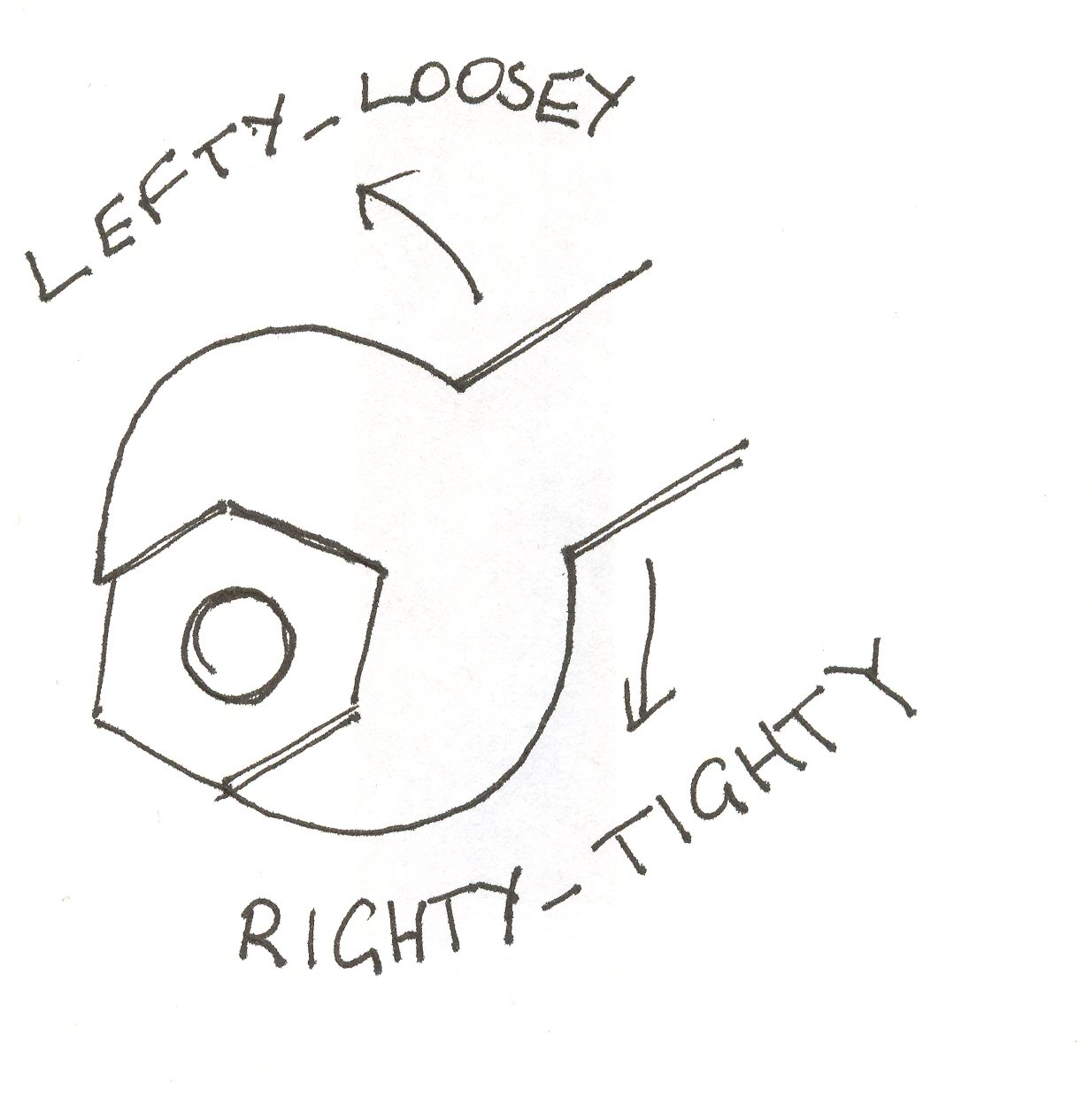this post was submitted on 13 Oct 2024
478 points (98.0% liked)
Asklemmy
45222 readers
1103 users here now
A loosely moderated place to ask open-ended questions
If your post meets the following criteria, it's welcome here!
- Open-ended question
- Not offensive: at this point, we do not have the bandwidth to moderate overtly political discussions. Assume best intent and be excellent to each other.
- Not regarding using or support for Lemmy: context, see the list of support communities and tools for finding communities below
- Not ad nauseam inducing: please make sure it is a question that would be new to most members
- An actual topic of discussion
Looking for support?
Looking for a community?
- Lemmyverse: community search
- sub.rehab: maps old subreddits to fediverse options, marks official as such
- !lemmy411@lemmy.ca: a community for finding communities
~Icon~ ~by~ ~@Double_A@discuss.tchncs.de~
founded 5 years ago
MODERATORS
you are viewing a single comment's thread
view the rest of the comments
view the rest of the comments

Spindles and shafting are places you can find left handed threads. And it depends on the direction of rotation like that bike crank. Can't have things coming lose due to the way bike cranks turn, so they a left handed thread to stay tight.
It took me a long to time learn that when dealing with such things that I need to stop, look, and think about how things are assembled and why.